Published
- 08:00 am
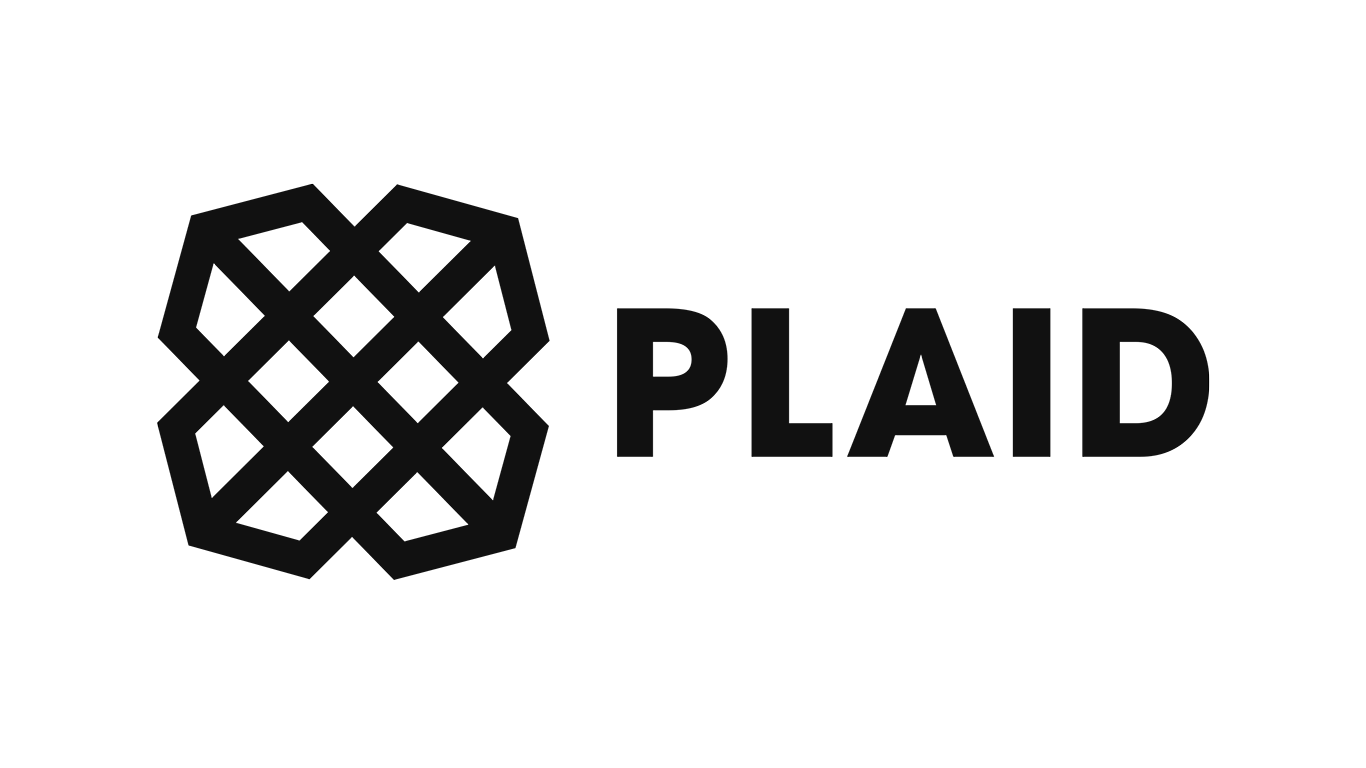
From supporting their favourite artists to unlocking online worlds, consumers are using crypto in creative ways every day. Yet, it is still challenging for consumers to connect their crypto wallets across all of web3. Likewise, the ever-changing crypto ecosystem makes it increasingly difficult for developers to provide easy, safe tools to onboard and connect to all of the crypto wallets consumers use.
Plaid was founded to solve account-linking challenges for digital finance. Over the past decade, Plaid Link has become the most familiar, trusted, and reliable way for consumers to connect their financial accounts across thousands of leading fintech apps and services.
Today, we’re bringing this technology and experience to web3 through Wallet Onboard, a safe and easy way for developers to onboard their consumers through a seamless wallet-linking experience. Wallet Onboard allows developers to enable connectivity to more than 300 self-custody crypto wallets through a single integration.
A familiar, trusted user experience that’s highly personalized
Wallet Onboard is built on top of Plaid Link, a familiar and trusted user interface used by almost one in four Americans today. Consumers connecting their crypto wallets to web3 apps for the first time will experience a dynamic drop-down list which includes recently used and currently available wallets, making the process personalized and extremely easy and fast. On top of that, no wallet address or hashed wallet address information is collected.
A dynamic end-to-end onboarding solution for web3 developers
Not only is Wallet Onboard a safe and secure consumer experience, but it was also built with a developer-first approach. We know from experience that integrating with multiple wallets and managing them on an ongoing basis is a complex technical challenge. Our goal is to help developers focus on building new web3 product experiences for consumers by abstracting the technical work required to onboard and manage wallet connections.
A single integration for 300+ wallets
Instead of manually integrating many wallets at a time, developers can simply manage one simple SDK integration and unlock connectivity to hundreds of self-custody wallets like MetaMask, Coinbase Wallet, Trust Wallet and Ledger.
One drop-in integration and onboarding UX across all wallet platforms
Consumers are using wallets across browser plugins, mobile apps, in-wallet browsers, hardware wallets, MPC wallets, and more. Managing these diverse wallet requirements, from their UX, to what Ethereum network/chain they are on is extremely cumbersome and time-consuming. We’ve streamlined this for developers so that end-users see a single drop-in integration optimized for onboarding to over 300+ self-custody wallets across multiple platforms.
Automated wallet updates and optimizations
Wallet Onboard gets updated on an ongoing basis as new wallet integrations are added. Instead of staying up to date and managing multiple libraries to integrate new wallets into the onboarding experience, Wallet Onboard does this for developers automatically.
We're extremely optimistic about the potential of web3 technology. We think that providing safe and secure onboarding experiences is the key to enabling even more consumers as they navigate these new technologies. Most recently, we announced our expanded data network to include top crypto companies including Binance.US, Robinhood, Gemini and SoFi and leading self-custody wallets. We’re excited to continue building technology that supports developers building across web2 to web3, enabling more access for consumers everywhere.
Related News
- 01:00 am
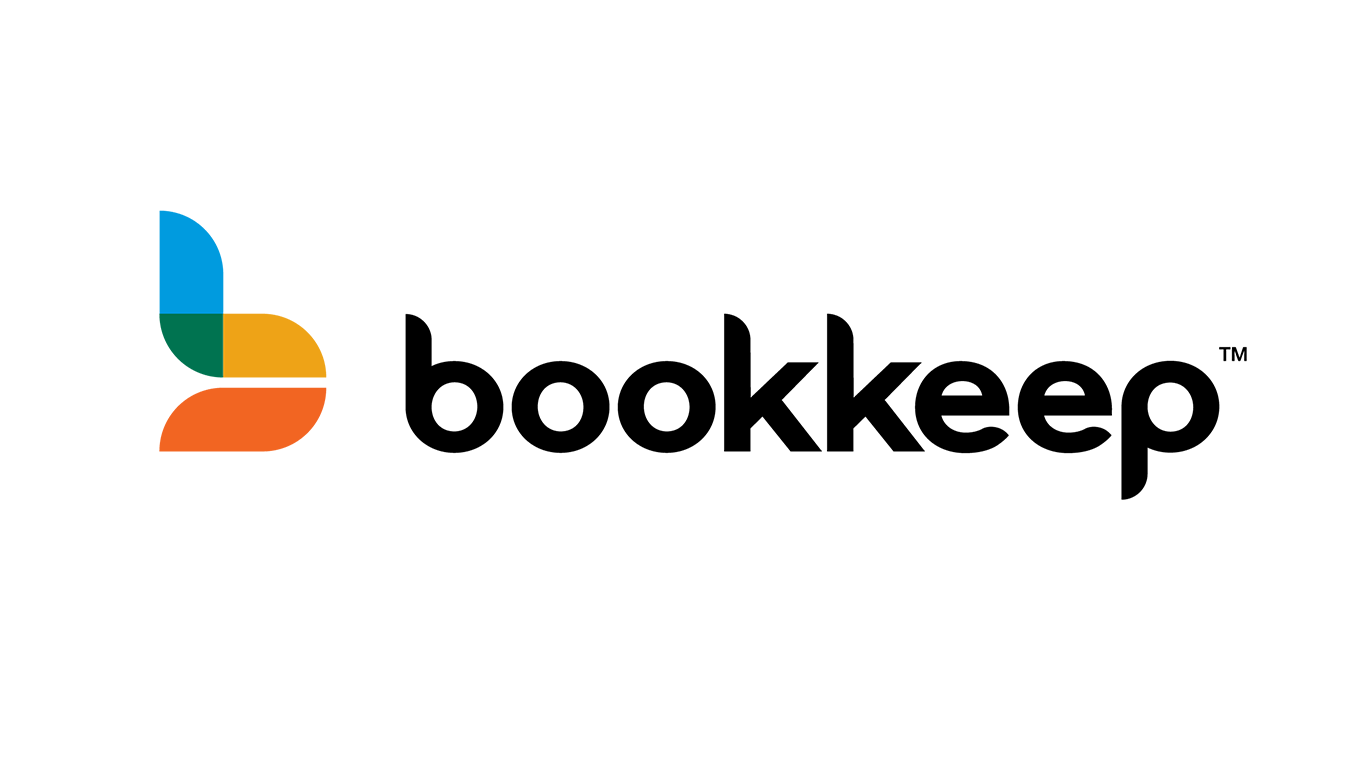
Bookkeep, the smarter accounting automation platform, announced a $6.6 million seed+ round of funding led by Fin Capital, with participation from existing investors TTV Capital, Argonautic Ventures, Lerer Hippeau, Haymaker Ventures, and others. This round brings Bookkeep’s total funding to $10 million, following a $3.3 million seed round in 2021 led by Lerer Hippeau.
The new financing will support product innovation to help accountants and enterprises of all sizes scale their operations through automation. The capital will also help Bookkeep maximize the impact of its new AI technology that processes sales reports from any legacy data format like PDF, CSV, or Excel. Accountants, still today, download these reports and manually enter the data from smaller e-commerce platforms, vertically specialized point of sale (POS), and other payment and sales systems.
Bookkeep is the preferred accounting automation platform for more than 850 small and mid-market brands totalling billions in annualized revenue. Its technology enables professional accountants and bookkeepers to generate accrual-based sales accounting entries and reconcile payment deposits automatically. The platform integrates with more than 30 sales, e-commerce, and payment channels such as PayPal, Shopify, and Amazon Seller, posting daily financials from these channels into accounting systems like QuickBooks and Xero. Professionals who use the Bookkeep platform save 20 hours per month, per client, and have seen a 20% improvement in the quality of data being captured.
Companies spend a significant amount of money— $53 billion annually— on outsourced manual accounting, based on market research by Paradoxes Inc. A majority of finance and accounting professionals are using a cloud-based or hybrid accounting process, but this hasn’t always solved the problem. An alarming 93% of accountants say they are still under pressure to close the books faster, according to Sage.
The challenges accountants face today include high transaction volumes, multiple e-commerce and sales platforms, and inconsistent financial data standards for reporting. Plus, the strained labour market has made it increasingly difficult to find talent willing to do the manual work required. The number of people sitting the CPA exam has dropped by approximately 30%, a decade low that some regulators on the Public Company Accounting Oversight Board have called a “crisis.”
Bookkeep’s automation platform aims to solve both sides of this marketplace problem by providing accountants with a simple process to easily access and post data from siloed sales platforms into their accounting systems, while in the long term helping app developers understand how to build new platforms that deliver financial information in the right format that accountants need.
While some software companies offer API access, many don’t have the infrastructure or deny access including some of the most popular platforms like UberEats. As a result, accountants are stuck manually downloading reports, running pivot tables in spreadsheets and manually creating proper accounting entries in their systems. Bookkeep’s AI platform removes this manual data entry and enables accountants to easily turn payment details reports from older POS and smaller e-commerce systems into daily accounting entries into their accounting platforms that match payment deposits automatically.
Jason Richelson, CEO & Co-Founder, Bookkeep:
“This additional capital underscores the difficult problems that still need to be solved in the underserved accounting industry. We’re at a massive inflection point where it is increasingly challenging to find accountants who are willing to do the manual work and those who are remaining in the profession are becoming burned out by the tedious, time-consuming tasks. These problems we face are entirely solvable through automation and we remain focused on creating technology and new ways of working that eliminate manual data entry for every bookkeeper.”
Peter Ackerson, General Partner, Fin Capital:
“As a former CFO, I know first-hand the problems Bookkeep is solving. Meeting with Jason and the team brought back nightmares of dealing with manual data entry and fixing the errors it often causes. Bookkeep is solving an underappreciated problem in the accounting and CFO sector, and we believe the team is well-positioned for long-term growth as the leader in accounting automation as more businesses and accounting firms grapple with the demands and challenges of e-commerce.”
Gardiner Garrard, Co-Founder and Managing Partner, TTV Capital:
“This is our second time investing in Jason. We first backed him over a decade ago, when he founded Shopkeep to solve the point-of-sale problems that he was facing as a small business owner. What we saw back then still holds true today: Jason and his team are building a much-needed solution for people who process and analyze transactions on a daily basis. We’re proud to be supporting him again as he brings Bookkeep to accountants everywhere.”
Viken Douzdjian, Managing Partner, Argonautic Ventures:
“As brands connect with and sell to customers via new channels, accounting requirements become far more complex. Accounting teams bear the brunt of this complexity. Bookkeep uniquely understands this issue as a team of CPAs and accounting engineers and built a platform that leverages automation to make accountants more efficient. As commerce continues to move omnichannel, we believe Bookkeep is the secret weapon that enables accountants to stay on top of an exponentially increasing workload.”
Related News
- 04:00 am
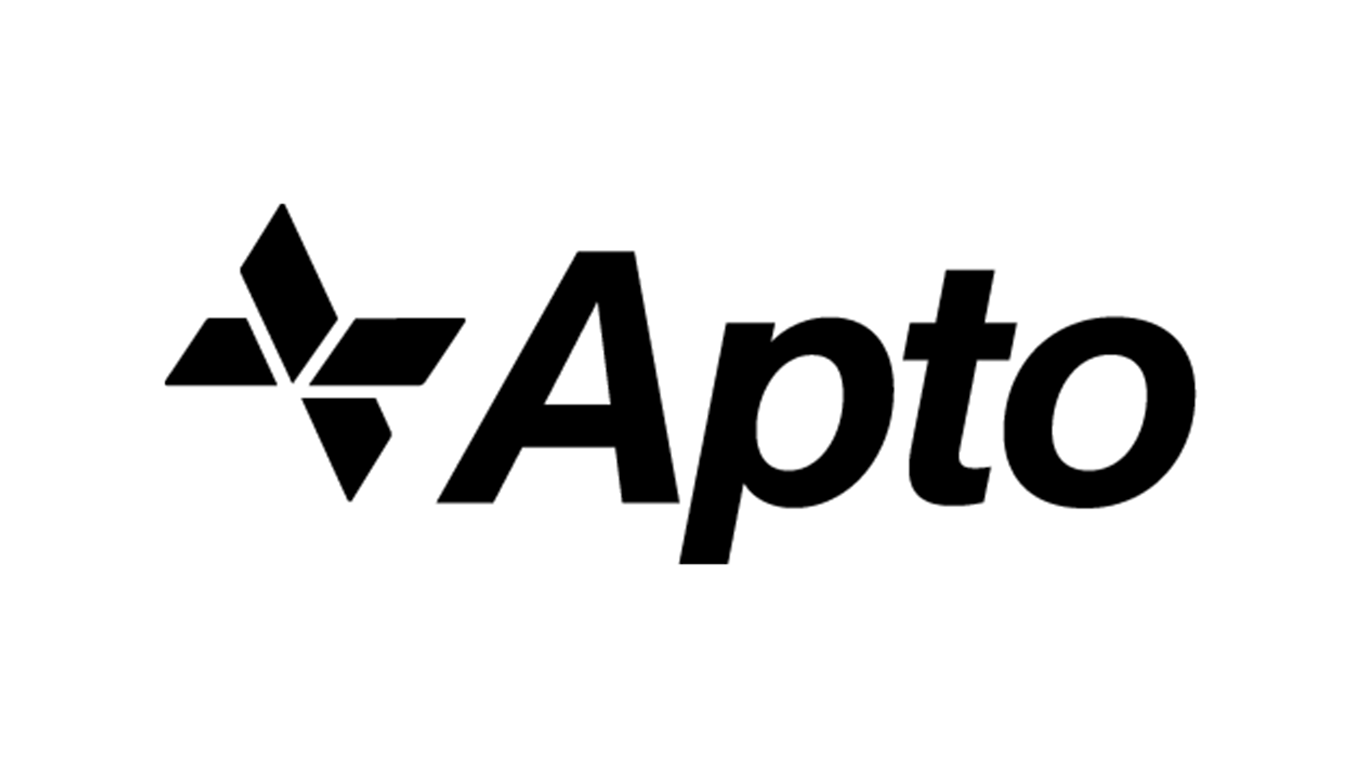
Card issuer and service provider Apto Payments announced today the addition of Patriot National Bancorp, Inc., a Connecticut corporation as a new bank partner to help customers bring card products to market with ease and confidence.
Patriot is a bank that is committed to supporting purpose-driven, digital-first financial products and will support Apto’s wide range of card use cases, including disbursements, small business cards, corporate expense cards, and more.
Customers who launch card programs with Apto will benefit from Apto and Patriot’s combined expertise in card program design, as well as regulatory and compliance management. Services provided jointly by Apto and Patriot include BIN sponsorship, card fulfilment, full KYC/KYB management, compliance reporting, fraud monitoring, and cardholder support.
“At Patriot, we pride ourselves on being not just a bank, but a trusted provider of excellent services. We wanted to partner with a card issuer who has the same mindset of providing both infrastructure and world-class services,” said Robert Russell, President and CEO of Patriot Bank. “We’re happy to partner with Apto, who has been a service-minded pioneer in the card issuing space,” commented Al Botta, EVP and Chief Payments Officer.
The addition of Patriot as a bank partner allows Apto to continue to ensure that it provides the fastest and most sustainable path to market for customers.
“Apto is excited to ensure the continued growth of our pipeline of card programs as a result of our partnership with Patriot Bank,” said Meg Nakamura, CEO at Apto Payments.
Related News
- 04:00 am
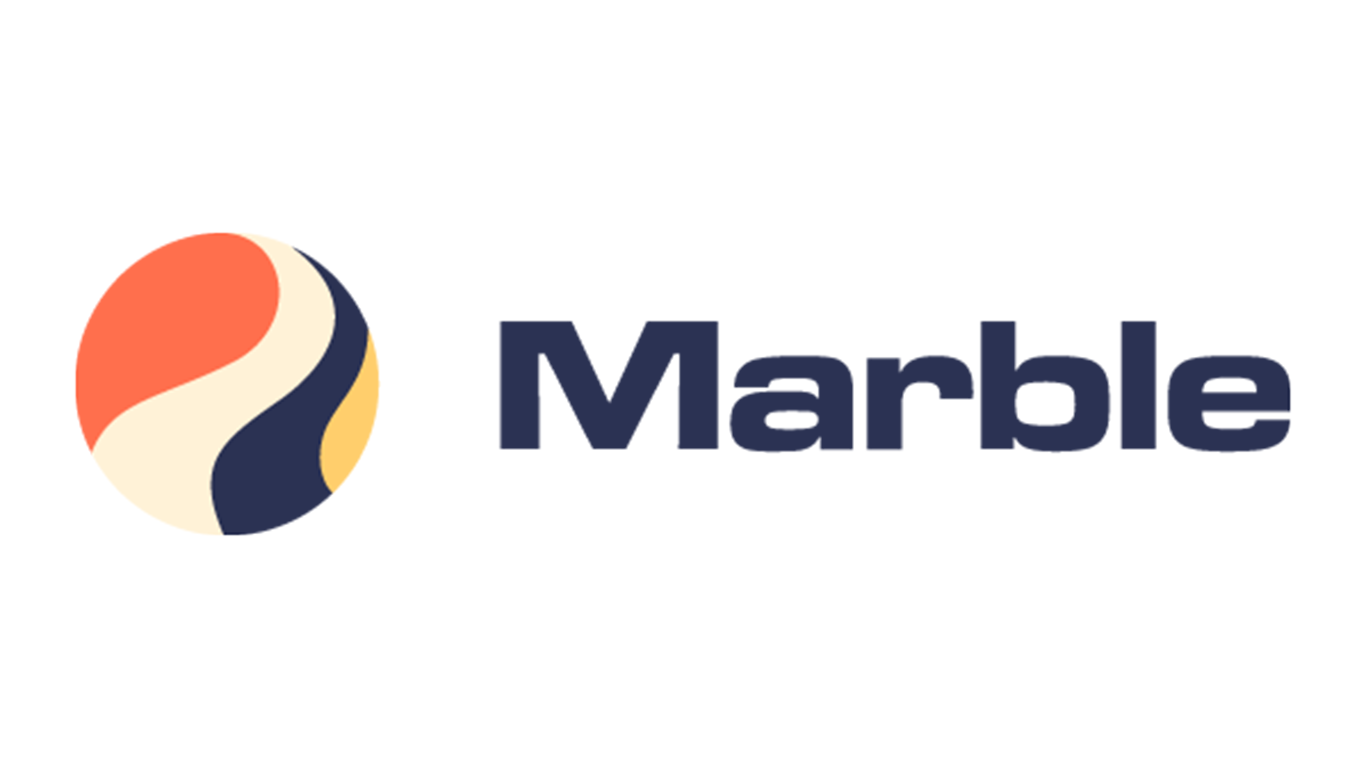
Marble, the free platform that makes it easy and rewarding to take control of all your insurance in one place, today announced the launch of its new Rate Watch feature. For the first time ever, and exclusively available to Marble members, consumers can be alerted if their insurance company has filed for a rate increase in their state.
As Americans head into a year of nearly unprecedented rate increases, particularly for personal auto policies, this feature offers Marble members access to professional-grade insights into their insurance costs — a first for the industry.
“This past summer, personal auto insurers have filed dozens of rate increases, with some states seeing rate filings that will drive price increases as high as 26%. Supply chain issues have increased claims costs, and accident frequency is way up. Combine these factors with the massive leverage that a few insurance companies have over the personal auto market, and American consumers may want to pay extra close attention to their policy renewals in the coming months” said Stuart Winchester, CEO and Founder of Marble.
“With this in mind, the team at Marble has worked quickly to launch our Rate Watch tool. By securely integrating state insurance filing data into our personal insurance operating system, Marble members can now enjoy more peace-of-mind knowing that Marble is tracking their insurance rates granularly and proactively.”
When an insurance company files for a rate increase in a specific state, Marble’s Rate Watch will notify all impacted members via email or via in-app notification. While rate increases may not go into effect immediately or impact every member in a given state, Marble believes the information is the key to taking control of insurance. If a member then decides to check rates and look for a more competitive price, they can do that with just a few taps from within the Marble application.
Since the launch of Marble’s public beta in April 2021, tens of thousands of members have used Marble to organize all of their insurance, no matter what type or company; monitor rates and trends; learn more about their coverage; and, for the first time ever with insurance, earn rewards just for protecting what they love. With a five-star rating in the Apple App Store and Google Play Store, Marble members now have all of their insurance information available at their fingertips via the Marble mobile app.
Related News
- 01:00 am

Planet, a global technology leader providing integrated software and payment services, has today announced the launch of a new Online Payment Gateway as part of its connected commerce platform.
The new Online Payment Gateway fully integrates the specialist digital payment capabilities of Datatrans, which Planet acquired in November 2021, with its global connected commerce platform. The new product brings together business software, integrated payments and revenue-generating services that put the customer experience first.
Consumer demand for rich, highly personalised experiences is transforming the hospitality and retail sectors, which places new demands on in-person, online and cross-channel payments. The new Online Payment Gateway provides merchants in both sectors with a full suite of integrated multi and omnichannel payment products for eCommerce shopping platforms or integration with in-person payment methods.
The Online Payment Gateway integrates the capability of Planet’s acquiring services so that merchants can deliver the ultimate customer experience across all channels when combined with other aspects of Planet’s connected commerce platform.
Planet streamlines the management of payment flows within a merchants’ business software and systems. Customers will now be able to operate complex unified commerce use cases, such as click and collect, buy in-store, ship to home, or buy online pick up in-store, order online exchange in-store, exchanged or refunded in-person, pay by secure link, and pre-authorise payments.
Merchants can offer customers multiple payment options, currency services, and split basket management. Currency conversion and multi-currency pricing give customers the option to use international cards or the option to pay in the local currency with a local payment method. Alternative payment options, such as buy-now-pay later, will lead to less cart abandonment as customers can be more flexible with payments.
The platform will initially be available in Europe and rolled-out across further regions later. It is fully compliant with local regulations and will also include security measures such as two-factor authentication.
Customers can make safe and secure payments thanks to tokenisation as Planet limits the amount of sensitive data merchant systems encounter. This process involves replacing sensitive information with unique identification symbols referred to as ‘tokens’ so that data can be stored without containing exploitable values. Automated fraud screening gives merchants the reassurance that customers are protected at each stage of the payment journey.
Discussing the announcement, Tim Goodwin, Chief Product & Technology Officer said: “We are making our merchants’ connected commerce journey seamless with the introduction of the Online Payment Gateway and the integration of Datatrans with Planet Merchant Services.
“By integrating our existing platforms into one unified solution, keeping track of payment flows will be easier for merchants. They will now be able to provide customers with multiple payment options and provide an omnichannel shopping experience, globally. Customers can choose the way they want to spend, and trust that their transactions are safe and secure.”
Planet completed the acquisition of Datatrans in November 2021, with the aim to extend its connected commerce experience offering.
Related News

Mikko Kähkönen
Global Head of Card Products at Giesecke+Devrient
The biggest brands, particularly those with a global reach, are resonating with consumers to such a degree that they have become a way of life. see more
- 06:00 am
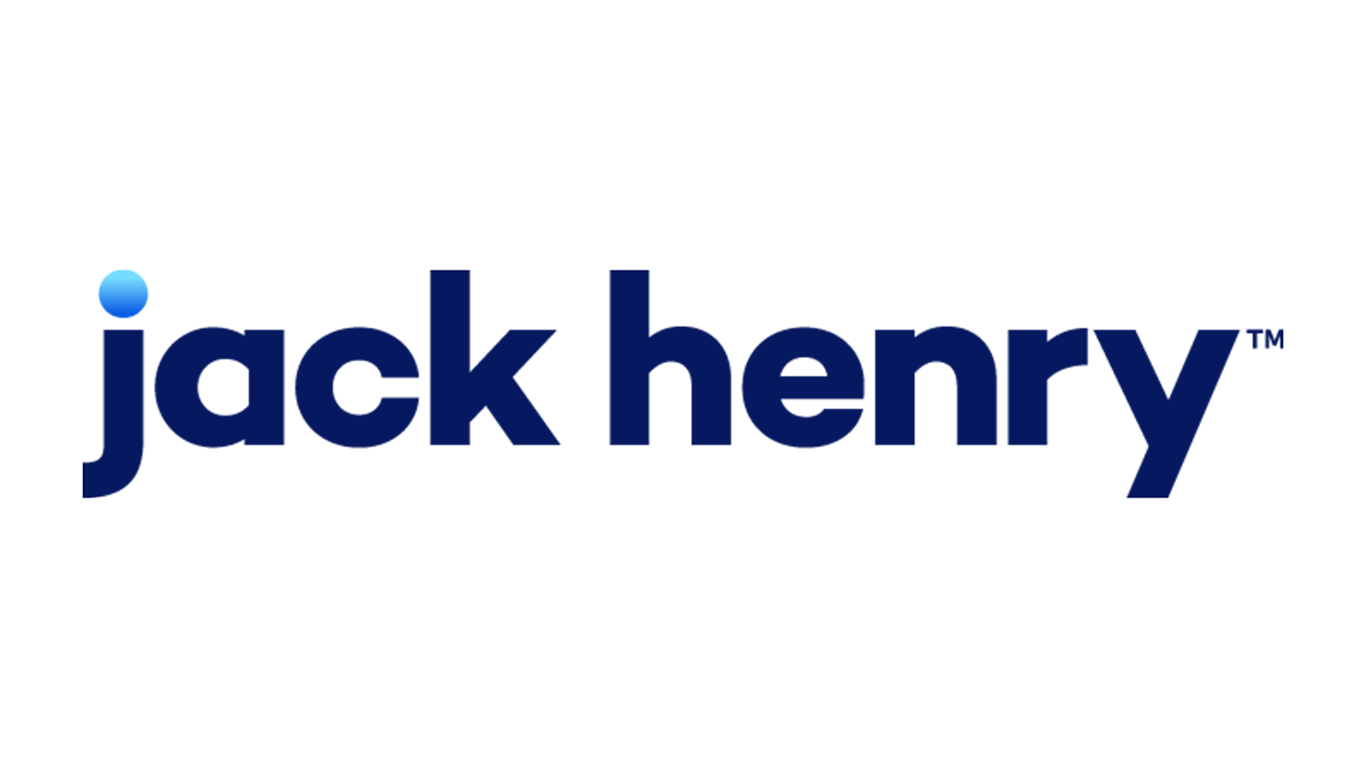
In honour of its credit union customers on International Credit Union Day, Jack Henry™ (Nasdaq: JKHY) takes a look back at a recent event focused on the credit union industry.
Jack Henry’s credit union community joined CU Build’s second annual build-a-thon, bringing together industry professionals with the goal of learning and developing new solutions to address key business challenges. Jack Henry supports CU Build’s a mission to spark innovation, cultivate learning, and foster development within the industry.
Fifty-six professionals from 21 credit unions participated in the three-day in-person event in Dallas, Texas, last summer.
This year’s theme was transformation; participants had the technical resources of Jack Henry, as well as ASA, SWIVEL, Salesforce, Q2, Mahalo Banking, MuleSoft, CUTEK, and AWS. Teams were evaluated on the following guidelines: fit, innovation, functionality, design, extensibility, and mission focus. The grand prize winner was team Play Less’ solution, Save More, an enhanced member experience for savings designed to support those who need it most.
Participants offered plenty of positive feedback. Gayle Hargis, IT business analyst at Neighborhood Credit Union and on the winning team, said, “As a non-programmer, CU Build was a wonderful opportunity to bring diverse talent together to meet a common goal. Communication and knowledge sharing was not just within individual teams; it was widespread. This is my second year participating, and I fully intend to continue to be a part of the CU Build initiative.”
Filip Danielewicz, an innovation specialist at Michigan State University Federal Credit Union and on the winning team, added, “The CU Build experience gave us a fantastic opportunity to come together, bond, and create a unique solution for credit union members. With the mixed group of both programmers and nonprogrammers, it provided a great environment to leverage our strengths and innovate for members and credit unions alike.”
Brad Hickey, chair of CU Build and manager of application development at American Airlines Federal Credit Union, commented, “CU Build is a great way to support our credit union movement while building skills and technology for everyone. These past two years have been successful because of the people and technology. We look forward to next year’s event as we continue to foster connections and break down barriers for the greater good of our industry.”
Shanon McLachlan, president of Credit Union Solutions at Jack Henry, shared, “We’re proud to collaborate with CU Build, helping our credit unions build a stronger financial future for their members. There’s power in bringing together individuals of varying skill sets to solve real-life challenges, and then sharing their knowledge and solutions with our credit unions to better serve their members. CU Build allows us to scale these experiences while leveraging the power of our open platform.”
To learn more about how CU Build can help develop your career, grow your skills, and improve internal proficiencies, click here. Jack Henry clients can email info@cubuild.org to take advantage of the solutions built.
Related News
- 03:00 am

Callsign, the digital trust pioneer, has announced new technology to detect social engineering scams in real-time and intervene when fraud is detected.
It delivers contextually relevant and personalised warning messages to protect the user from becoming a victim of fraud. This Dynamic intervention capability is controlled by Callsign’s Orchestration Engine[i]. The phenomenon of social engineering has emerged as a way for fraudsters to psychologically manipulate consumers into transferring money to accounts held by the fraudsters. Known in the industry as authorised push payment (APP) fraud, it is hard for banks to detect as the authorised customer is making the payment.
Research from UK Finance reveals customers lost £583.2 million in 2021 after being manipulated into transferring money into accounts controlled by fraudsters. The UK’s Faster Payments system was the payment method for 97% of those losses.
‘Authorised push payment scams are a digital fraud problem requiring a digital solution. With real-time and faster payment systems becoming the global norm, banks and financial service organizations need to look beyond conventional fraud detection and actively detect, intervene and protect. Fraudsters anticipate ubiquitous static warning messages and coach users past those warnings, but Callsign’s Dynamic Interventions detects threats to consumers in real time, intervenes and alters digital journeys appropriately, introducing new controls or steps to protect customers,’ said Chris Stephens, solutions engineer, EMEA, Callsign.
In the last 18 months, APP fraud has grown exponentially. Recent research from industry analysts Forrester reveals that authorized push payments are considered a major problem by 66% of financial services and consumer banking organisations across the globe (APAC 66%, Middle East 67%, North America 56%, UK 72%). Organisations agree that using a combination of threat detection, dynamic fraud warnings and behavioural biometrics can help solve this issue.
Using machine learning, the Callsign platform recognises recurring user behavioural patterns when they make online payments and uses that knowledge to detect if someone is acting under coercion. Combined with threat and malware detection, Dynamic Interventions intervene the moment a customer might be in danger, delivering intelligent, contextual and timely fraud messages to the consumer or stopping payments altogether. Crucially, for genuine users performing a recognised activity, these messages won’t be presented. This ensures users will not get message fatigue.
The platform works in unison and identifies threats by asking these questions:
· Is the session secure?
· Is the user human? Is there any malware present on the user’s device or has their device been compromised by a bad actor?
· Is this user authorized? Is the user allowed to make the transactions they wish to make?
· Is the user being tricked? Are they performing any actions that are unusual, such as making a big transfer to a suspicious account? Does their behaviour indicate that they are under some sort of duress or being coached?
· How can we manage the risks and user experience? What user journeys do we need to orchestrate?
For example, a bad actor may attempt to deploy an impersonation attack against a genuine user by claiming to be a bank representative and asking for payment. As the legitimate user attempts to initiate the payment, Callsign’s Orchestration Engine screens the genuine user’s device to ensure that a fraudster isn’t using remote access software to take over the account [LM(1] [LM(2] – or that malware was running, ensuring that the fraudster can’t fool the technology by turning it off at specific stages in the digital journey.
Next, the genuine user’s typing cadence and mouse movements are monitored – for example, they may be slower and more ponderous, indicating they are on the phone receiving directions. Before the payment is approved, Dynamic Interventions powered by Callsign’s Orchestration Engine asks the user about the payment they are making, prompting them with multiple contextual questions. Based on customer answers, threat detection and customer behaviour, the technology establishes if a bad actor is directing them. If the answers confirm to Callsign they are under attack, the Orchestration Engine would either advise them it is likely that they are under the influence of a bad actor, and to not comply with their instructions, or the technology would intervene to prevent payment-taking place.
When contrasted with the current setup that requires users to read and consent to generic messaging in a challenging user interface, this approach is more targeted, user-friendly, and engaging. Organisations can customize the interventions to suit their sector and their customers’ needs and can be deployed with just a few clicks of a mouse without any need for coding. Consequently, fraud teams can establish interventions to counter new attacks quickly and efficiently, ensuring that bad actors aren’t successful.
Regulation needs to play a key role when it comes to enforcing consumer protection. Forrester’s research revealed that almost half of the financial services and consumer banking industry see regulatory issues as a significant challenge when trying to detect and prevent scams such as APP fraud. The impact of regulatory compliance has been cited as most significant in both the US and the UK, whereas organizations in the Middle East and Asia Pacific said the cost of victim reimbursement has a significant impact on their organizations.
With the increase in APP fraud and consumer losses, regulators around the world are acting. The Consumer Financial Protection Bureau (CFPB) in the US recently revised guidance on unauthorized electronic fund transfers (EFTs) and, the UK Government and Payment Services Regulator (PSR) intends to improve reimbursement of APP fraud scam victims.
It’s clear a new approach to combatting online scams is needed, and the best result for organisations in all sectors is layering solutions, for example using a combination of threat detection, dynamic fraud interventions and behavioural biometrics, to ensure genuine users are protected.
Related News
- 03:00 am
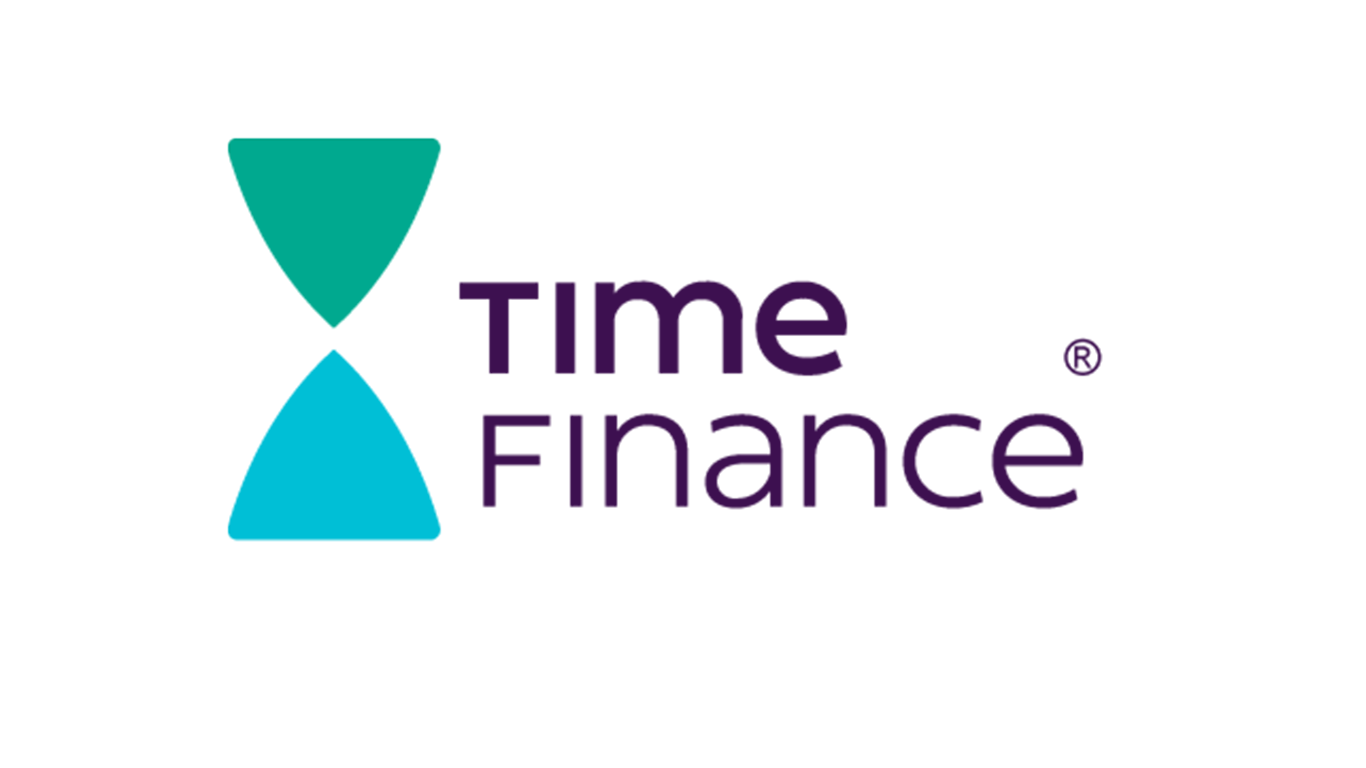
Time Finance is pleased to announce that it has reached a record high in its lending book, as it hits a £145m milestone of funding support delivered to UK businesses.
The news follows the release of its annual performance results last month, as Time Finance continues to celebrate significant growth in its own lending book. The finance firm has enjoyed fifteen consecutive months of growth as it supports some 10,000 SMEs with its broad portfolio of financial solutions; from Asset Finance to Invoice Finance, Business Loans, Vehicle Finance and Asset Based Lending.
This celebrated peak in lending can be attributed to the increased demand for both Invoice Finance solutions and Hard Asset offerings as businesses of all sizes turn to finance to support current economic challenges and grasp hold of opportunities for growth.
Chief Executive Officer, Ed Rimmer comments: “Our renewed strategy has dedicated a real drive toward boosting our lending to UK businesses, and to see the traction being gained here in consecutive months is very pleasing to see. These results mark the start of an exciting period of growth for Time Finance and only further demonstrate the strength of our lending model and business strategy.
“Our hugely dedicated and expert-led teams play a key role in helping us to achieve these milestone figures. Not only do they offer our clients a flexible and common-sense approach to lending, but their responsiveness and dedication to tailoring a solution that really supports our client’s specific needs are what sets Time Finance apart.
“The investments we have made to both our teams and operations over the last year have enabled us to take our business from strength to strength; whether that’s through key appointments or launching new products and solutions. The next 12 months will see Time Finance continue to look for innovative ways to inspire confidence and growth in the SME market and increase our support to UK businesses.”
This news comes at a vital time for the business as it also launches a new Asset Based Lending (ABL) product, aimed to meet the rising demand for more flexible finance solutions. Time Finance’s ABL offering will enable businesses to better access funds that would otherwise be tied up in assets within their business - including plant and machinery, inventory, commercial property and invoices.
Related News
- 04:00 am
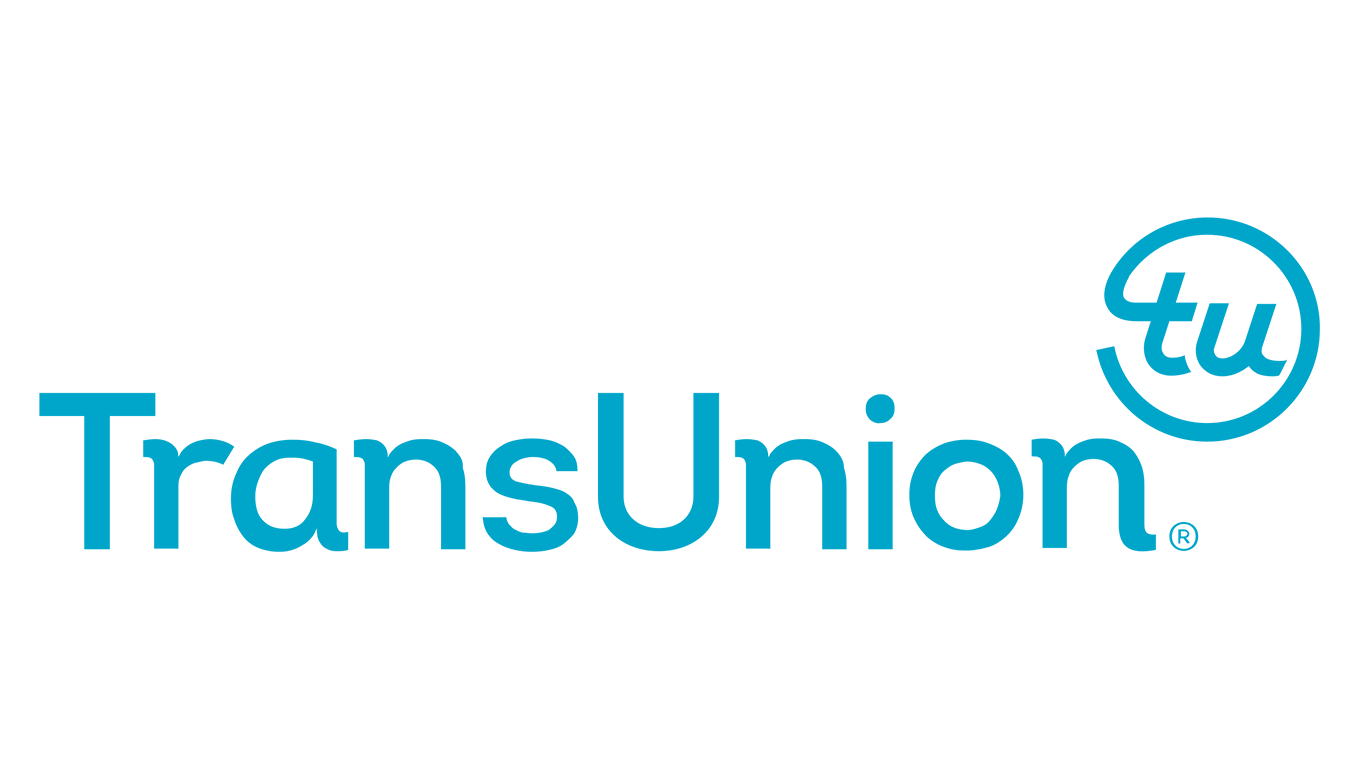
TransUnion, a global information and insights company, has unveiled its new Eligibility for Retail E-commerce solution that offers retailers a view of customer eligibility prior to starting the credit checking process. This solution intends to equip retail businesses to make smarter and more robust decisions as consumers change their spending habits due to current cost of living pressures.
TransUnion’s most recent Consumer Pulse study highlighted the impact the current cost of living crisis is having on consumers, with almost half of households (48%) saying they plan to reduce spend on fashion and other retail purchases in the next three months.i
Shifts in consumer spending behaviour as a result of a changing economic environment, coupled with an increase in regulatory scrutiny, means that conducting affordability checks to support responsibly acquiring new customers has taken on even greater importance.
“We’ve combined our expertise in retail with our deep knowledge and understanding of the consumer credit market to build a dedicated solution for retailers, that goes beyond standard fraud and ID checks,” said Adam Hancox, director of retail at TransUnion in the UK. “Our new Eligibility for Retail E-commerce solution helps retailers to provide an eligibility pre-assessment check, without compromising customer experience. It can also assist in recognising financially vulnerable consumers, as well as managing those with little or no credit history, which is essential in the current economic climate.”
The solution uses individual-level financial data and industry-recognised scores built by TransUnion, along with geodemographic data, to enable assessing new customers’ potential eligibility in real-time.
An enhanced model income and financial stress insights offer a broader view of a consumer’s financial standing, which can help retailers make appropriate credit referrals and risk decisions when engaging with consumers.
TransUnion’s Eligibility for Retail Ecommerce solution is transparent, configurable and easy to integrate. Potential financial stress levels faced by each consumer are indicated via red, amber and green flags. This simple index shows the propensity of an individual to be suffering financial hardship, whilst granular level data provides additional information on scores and their attribution.
The solution helps to ensure that each consumer is being treated fairly, as well as allowing retailers to adjust their customer management strategies and take a more personalised approach to customer service.









